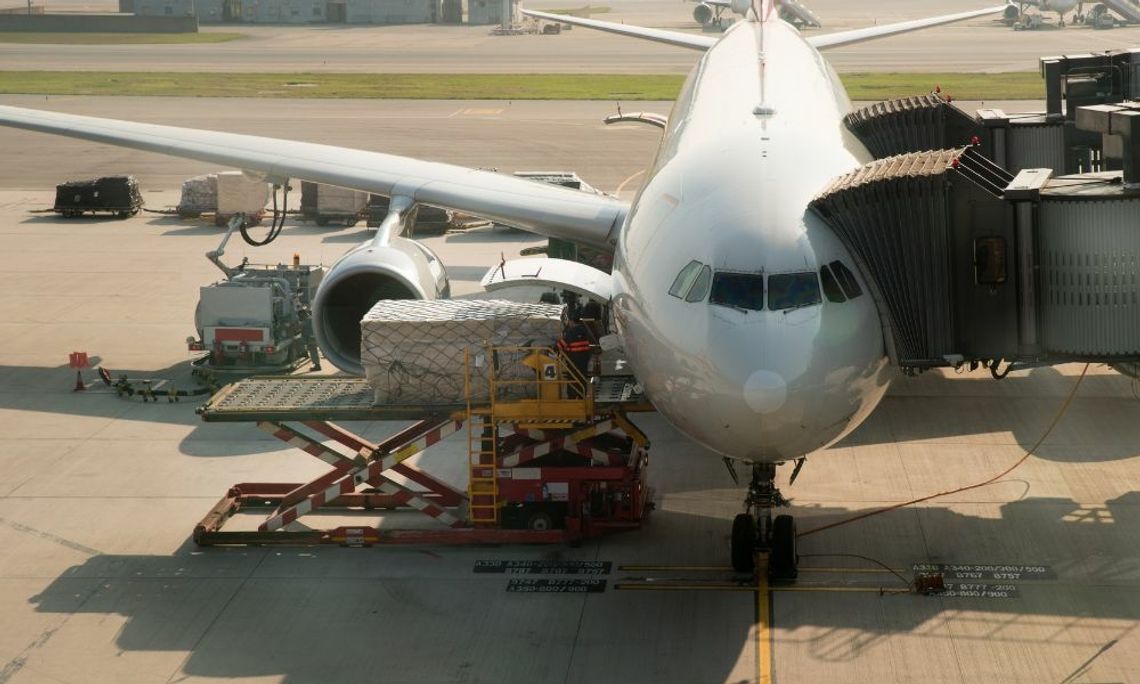Congratulations! You’re taking your business to the next step by offering expedited services or shipping overseas! Shipping your cargo by air freight is a little different than the other forms of transportation. While all these freight mediums have their requirements and challenges, air freight can be stricter with paperwork, shipment measurements, and packaging.
Here are some of the best practices to remember for air freight shipping to avoid fines and penalties.
Consider Your Packaging
Your shipment is about to endure a long journey overseas. The least you can do is invest in your packaging and labels. Many people working on getting your items to their destination will handle your packages. This means you need to use boxes with sturdy exteriors and put in padding, plastic wrap, and other load-securement elements. By doing so, your package will have less of a chance of sustaining damage.
Always Include a Commercial Invoice
While you don’t need to include a commercial invoice for domestic shipping, it’s still a good practice to uphold. When you ship internationally, you must have the commercial invoice. This helps customs identify your cargo items, their weight, value, and more. You could face hefty fines, storage charges, and delays if you don't have the invoice.
Triple-Check Your Measurements
Triple-checking your cargo’s measurements is the best practice to remember for air freight shipping. Before you ship your items, always remember to check the measurements and weight of your shipment. This will help you avoid fees and delays. If your calculations differ from the ones at customs, they may hold your items until verification is complete.
Complete the Right Paperwork Ahead of Time
When you use air shipping as your choice for freight, you need to fill out a few special documents. Keep in mind that domestic and international shipping have different document requirements. If you’re shipping internationally, understanding the various requirements for customs clearance is key.
As you fill out paperwork, ensure it’s correct to save you time and stress when it’s time to export your goods. If you’re working with a 3PL, ask them to help you to ensure that your products' invoices and total market value add up.


Comment
Comments